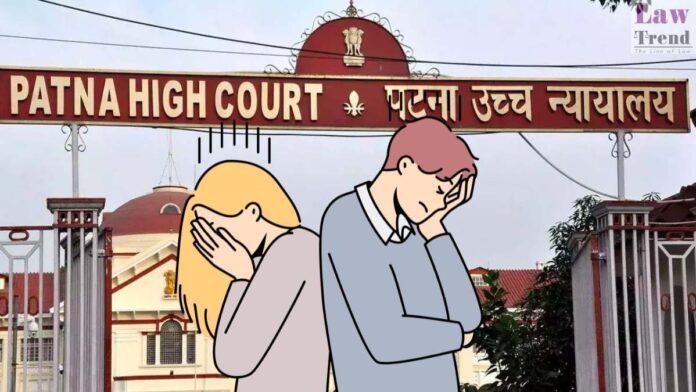The Patna High Court has upheld a Family Court order granting maintenance to a woman and her minor daughter, rejecting the husband’s allegations of adultery and illegitimacy. Justice Jitendra Kumar, while dismissing the criminal revision petition filed by Avadh Kishore Sah, held that bald allegations of immoral conduct are insufficient to disqualify a wife from
To Read More Please Subscribe to VIP Membership for Unlimited Access to All the Articles, Download Available Copies of Judgments/Order, Acess to Central/State Bare Acts, Advertisement Free Content, Access to More than 4000 Legal Drafts( Readymade Editable Formats of Suits, Petitions, Writs, Legal Notices, Divorce Petitions, 138 Notices, Bail Applications etc.) in Hindi and English.




